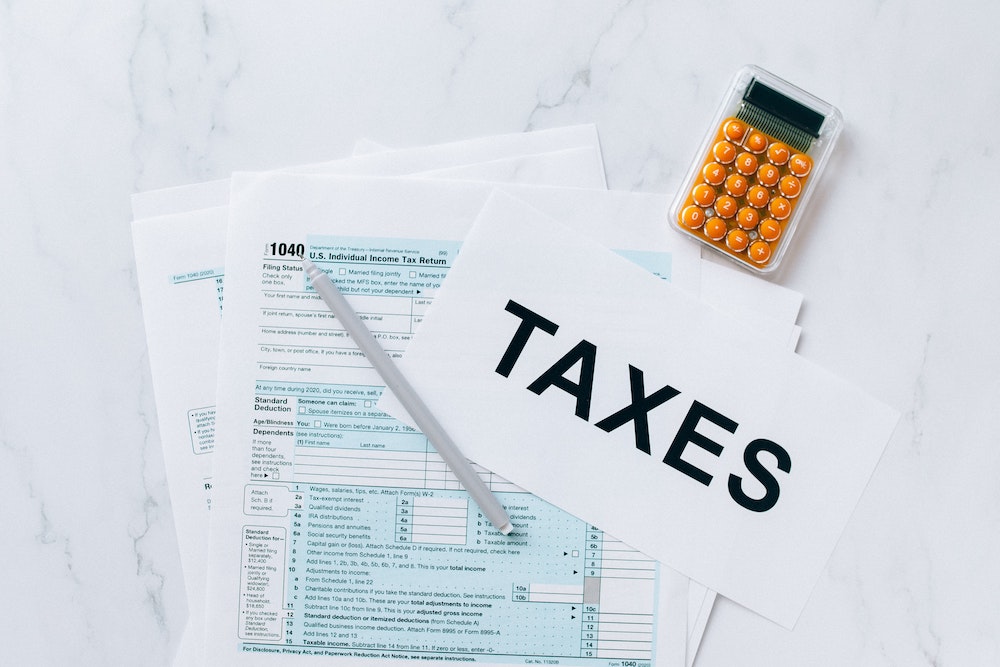Tax Avoidance vs. Tax evasion for Digital Nomads
Disclaimer: The following article is intended to provide general information about tax matters for digital nomads. It is not legal or tax advice. It is always advisable to consult with a certified tax advisor or attorney who is familiar with your specific situation and the tax regulations of your home country and other countries you might be doing business in.

The realm of global taxation can be complex, particularly for digital nomads who possess the freedom to live and work anywhere across the globe. In discussions about global taxation, the terms 'Tax Evasion' and 'Tax Avoidance' often surface. While they may appear similar, these two concepts bear significant differences and entail crucial implications for digital nomads.
The Myth of Tax Nomadism
A myth that has been circulating in the digital nomad community is the idea of becoming a 'Tax Nomad' or a 'Perpetual Traveler', who avoids taxes by not establishing tax residency anywhere. The Organisation for Economic Co-operation and Development (OECD) and other international bodies have established tax laws and Residency Tie Breaker Rules to determine tax residency and prevent such practices.
Therefore, it is almost impossible to entirely escape tax residency. Non-compliance risks attracting unwanted attention from tax authorities and can result in hefty back taxes and penalties.
Tax Evasion: The Illegal Route
Tax evasion denotes the unlawful act of deliberately disregarding to pay or intentionally underpaying taxes. If you, being a tax resident in a country, deliberately avoid declaring your global income – both locally and internationally generated – it qualifies as tax evasion.
This illegal act carries penalties that can range from financial fines to imprisonment, subject to the severity of the offense. To ensure legal compliance and ethical conduct, it is strongly advised to steer clear of tax evasion.
Tax Avoidance: The Legal Alternative
On the contrary, tax avoidance is a legal practice that involves leveraging the existing tax laws to minimize one's tax liability. An example of tax avoidance would be altering your tax residency from a high-tax jurisdiction to a country with more favorable tax rates, in compliance with the prevailing tax laws.
As digital nomads, your flexible lifestyle can enable you to practice tax avoidance, effectively increasing your disposable income. However, the change of tax residencies must be done judiciously, ensuring compliance with all relevant laws and regulations.
Determining Tax Residency
Contrary to the circulating myth in the digital nomad community, it is virtually impossible to become a 'Tax Nomad', avoiding taxes by not establishing a tax residency anywhere. The Organisation for Economic Co-operation and Development (OECD) and other international bodies have established Residency Tie Breaker Rules to determine tax residency and prevent such practices.
According to these rules, if you don’t have clear residency based on where you were domiciled, your residency will be determined by the following criteria, in order:
- Permanent Home: In which country do you have a permanent home (owned or rented) available to you?
- Center of Vital Interest: In which country are your personal, social, and economic relations closer?
- Habitual Abode: In which country do you have a habitual abode (in which country have you spent the longest period of time)?
- Nationality: In which country are you a national?
- Mutual Agreement Procedure: If all previous criteria are indecisive, the residency will be determined by mutual agreement between both the countries’ competent authorities.
Not complying with these rules may attract the attention of tax authorities and lead to substantial back taxes and penalties.
Conclusion: Evasion vs. Avoidance
In conclusion, while tax evasion is illegal and can result in serious repercussions, tax avoidance is a legal and ethical means to reduce your tax liability. Understanding the distinction and maintaining legal tax practices is crucial for digital nomads.
As you journey across borders, it is essential to remain updated with the latest tax regulations and consider seeking advice from a tax professional. After all, the freedom and flexibility of a digital nomad lifestyle should never be shadowed by illegal tax practices.
